Continuing the working program of the 9th extraordinary session of the 15th National Assembly, delegates discussed the Draft Resolution on piloting a number of policies to remove obstacles in science, technology and innovation activities, especially the content of exemption from liability when risks occur.
The Draft Resolution stipulates: “Organizations and individuals engaged in scientific research and technological development activities are exempt from civil liability in case of damage to the State in the process of implementing scientific research and technological development topics, despite having fully implemented the procedures and regulations on scientific research.”
Delegate Hoang Van Cuong (Hanoi City Delegation) expressed his agreement with many points that have removed current institutional bottlenecks such as increasing investment budget for science and technology and accepting risks in scientific and technological research.
In research, it is not yet known whether there will be results or not, like an oil and gas operator, sometimes out of 10 drills, only one drill will have oil, but oil and gas operators also know that there is oil underneath, but scientific research does not know what is underneath, so they accept more risks. Therefore, the delegate believes that this is a bottleneck, a very big opening for scientists to feel secure in their research.
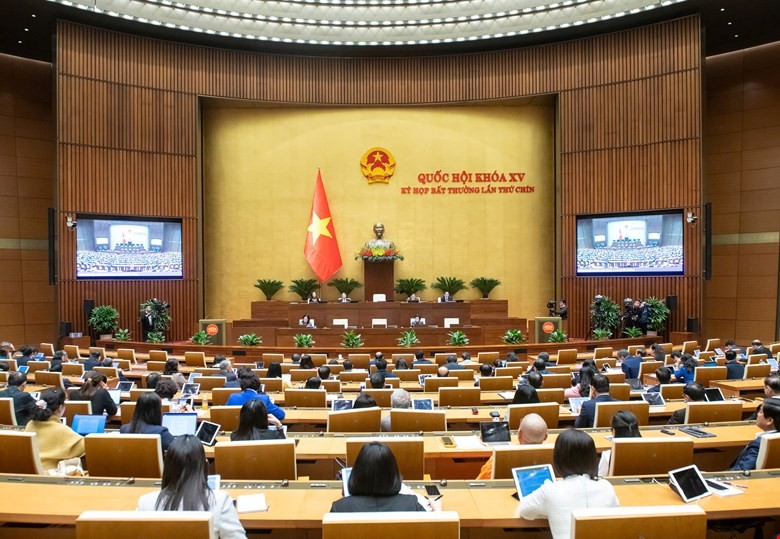
The Hanoi delegation also agreed with the regulation in Article 6 that there is no liability and no risk exemption if the research results are not achieved when the correct procedures and regulations are followed.
“However, if the regulations here are correct procedures and regulations, then what are procedures and regulations? If we are not careful, we will return to procedures and regulations that are in accordance with the law and return to what we are now, which is to comply with the law and not be able to do anything.
Therefore, I propose that it should be revised here to mean that when the research process that the topic has registered has been properly implemented. Thus, if the topic has registered the process correctly and completely but does not achieve results, the funding does not have to be refunded," delegate Hoang Van Cuong stated.
Sharing the same view, delegate Pham Van Hoa (Dong Thap delegation) proposed to clarify the procedures and regulations according to the law or the procedures and regulations according to the signed research contract.
In addition, in case of multiple risks, the competent authority must review the topic, evaluate the author and consider whether to do it multiple times or not.
Sharing the same concern, delegate Trinh Xuan An (Dong Nai) said that currently Article 6 (draft Decree) has only one part designed to exempt the state from liability when damage occurs.
In particular, delegate An suggested that there should be a mechanism to exempt individuals from criminal liability for scientific research activities. “We meet the criteria of objectivity, process and procedures, but if it happens, we need to exempt them. Otherwise, scientists are at great risk, because along with civil liability, there will be criminal liability,” he emphasized.
Delegate Nguyen Van Than (Thai Binh) proposed not to include the content of exemption from civil and criminal liability for scientists in research activities in the draft Decree.
“Because this is a matter of human relations, whoever violates the law must be held legally responsible, but now this person is given priority, while others are not. The same goes for many other contributors who are not in science or technology,” delegate Than emphasized.
Explaining and clarifying the opinions raised by the delegates, Mr. Nguyen Manh Hung, Minister of Information and Communications, said that opinions on financial management, autonomy, risk acceptance in scientific research, etc. are issues with many long-standing problems.
He said the cause of these problems is that the State wants to avoid risks, so it sets out many complicated procedures, puts a lot of responsibility on research organizations, and as a result, research facilities do not dare to accept large, high-risk research such as basic research.
“But research is inherently risky, a type of high-risk investment. This resolution pilots a spending mechanism for most research without committing to the final results. The State will manage through evaluating research stages to continue funding, and evaluate research facilities with results to assign them to continue implementing the topics,” Mr. Hung emphasized.
Mr. Hung said the Resolution allows the State to provide funds for research through a fund mechanism. The Resolution also stipulates exemption from civil liability and no need to refund funds if the research does not produce the expected results.
According to Intellectual Property
Source: https://doanhnghiepvn.vn/cong-nghe/dai-bieu-quoc-hoi-de-nghi-mo-nut-that-cho-cac-nha-khoa-hoc-yen-tam-nghien-cuu/20250218095117662



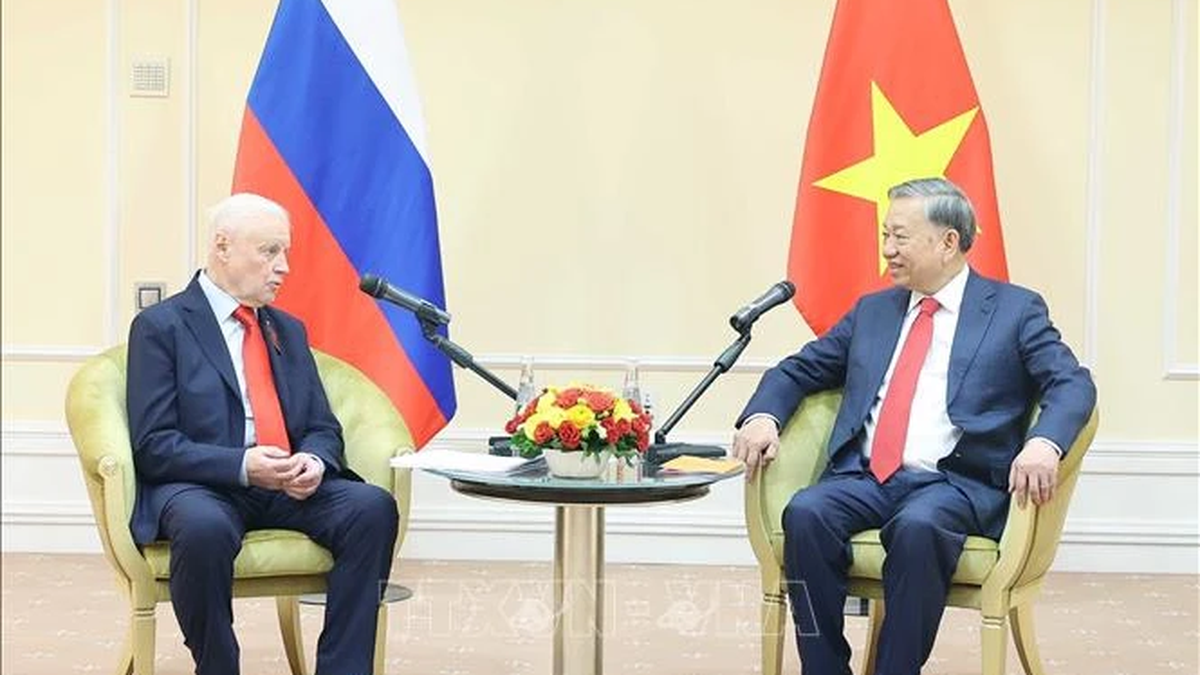

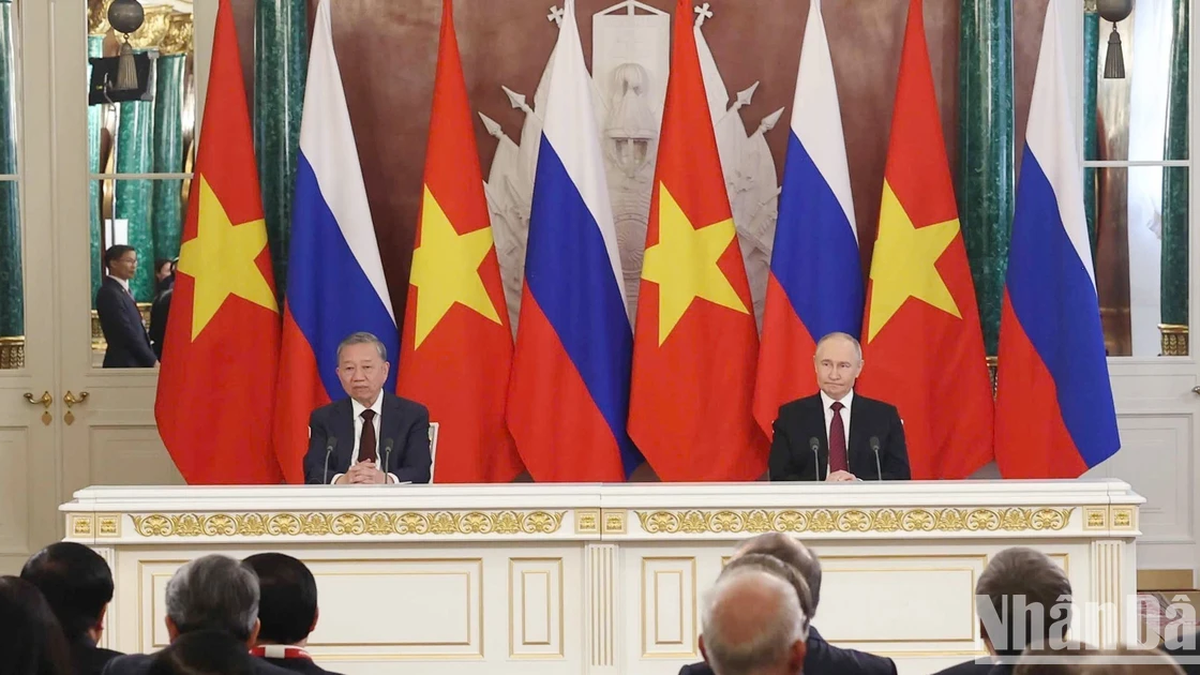
![[Photo] Prime Minister Pham Minh Chinh chairs Government Standing Committee meeting on Gia Binh airport project](https://vphoto.vietnam.vn/thumb/1200x675/vietnam/resource/IMAGE/2025/5/10/6d3bef55258d417b9bca53fbefd4aeee)
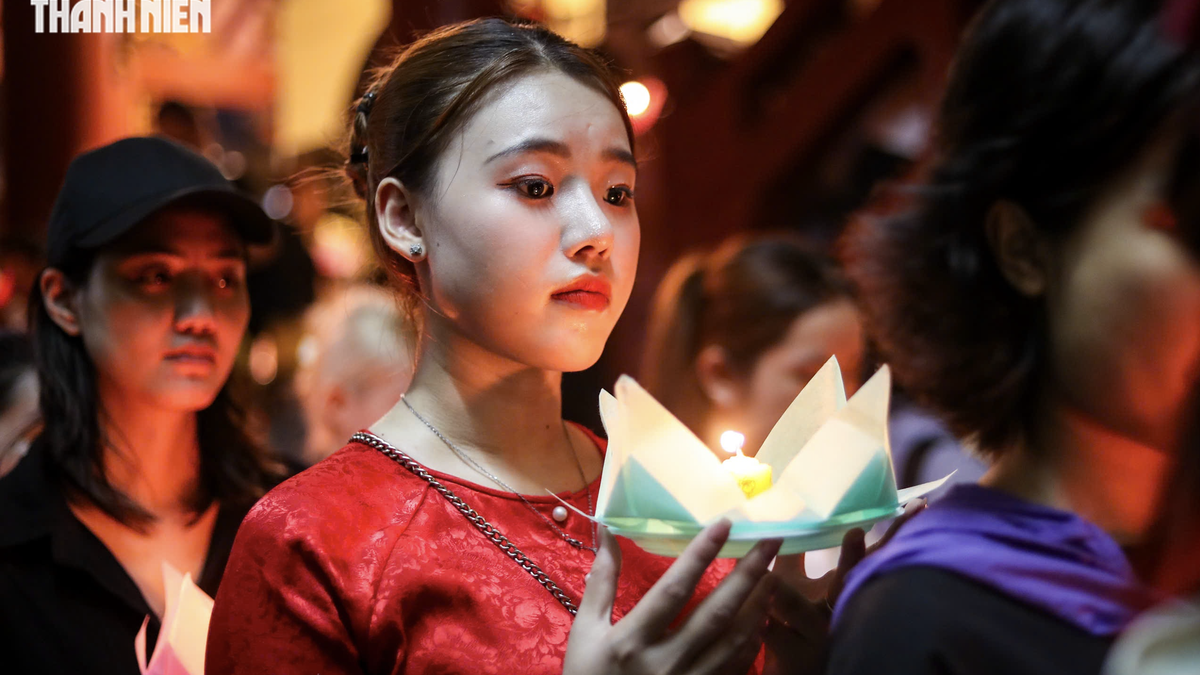


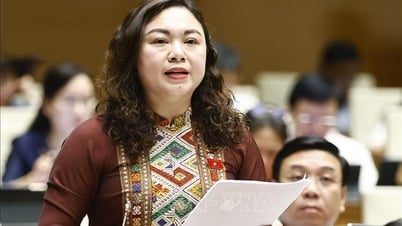

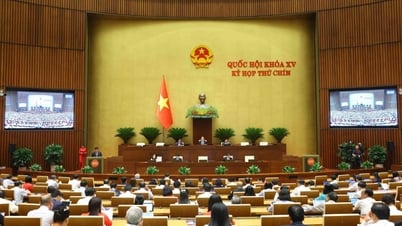






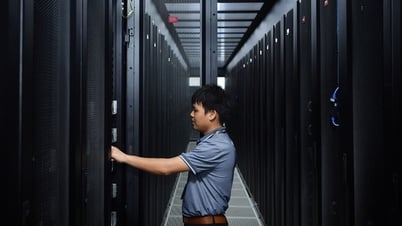
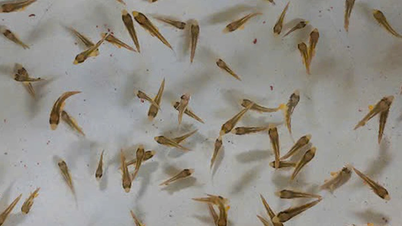

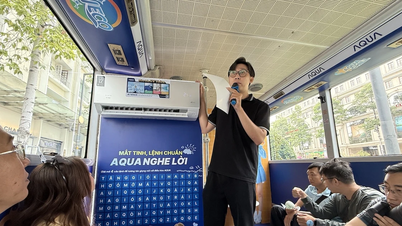









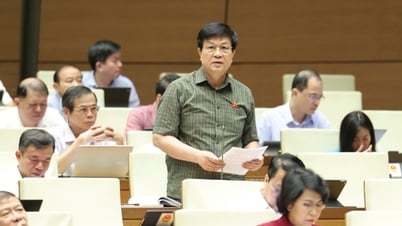


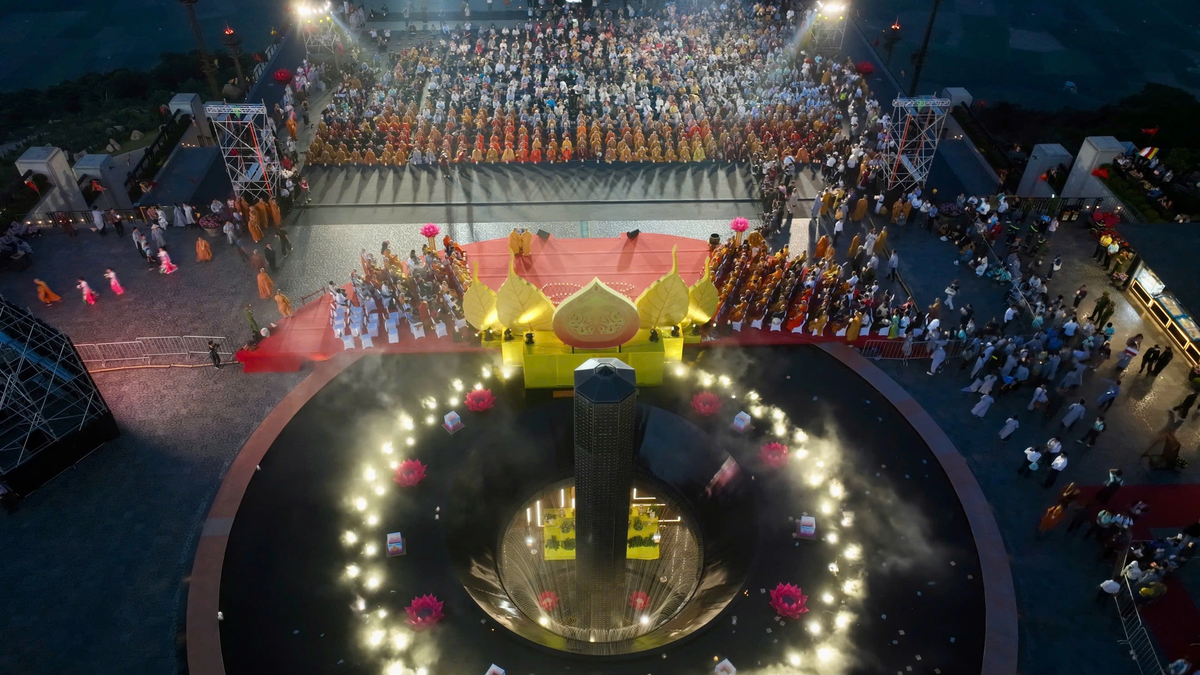






























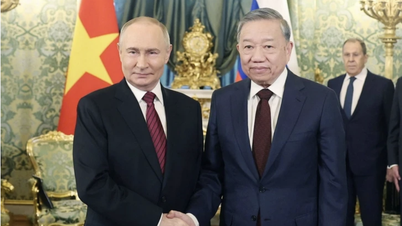

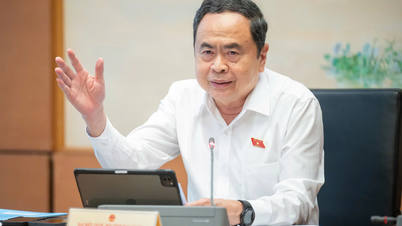
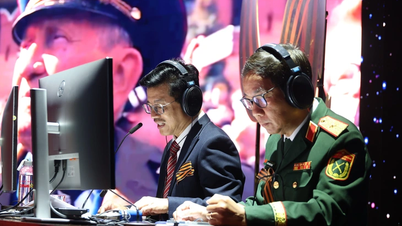











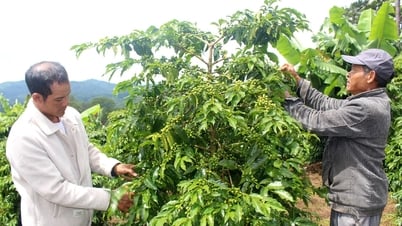

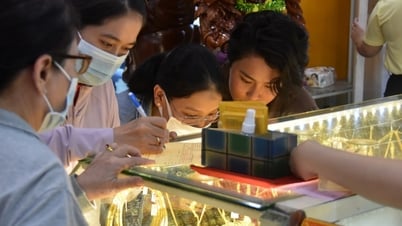














Comment (0)